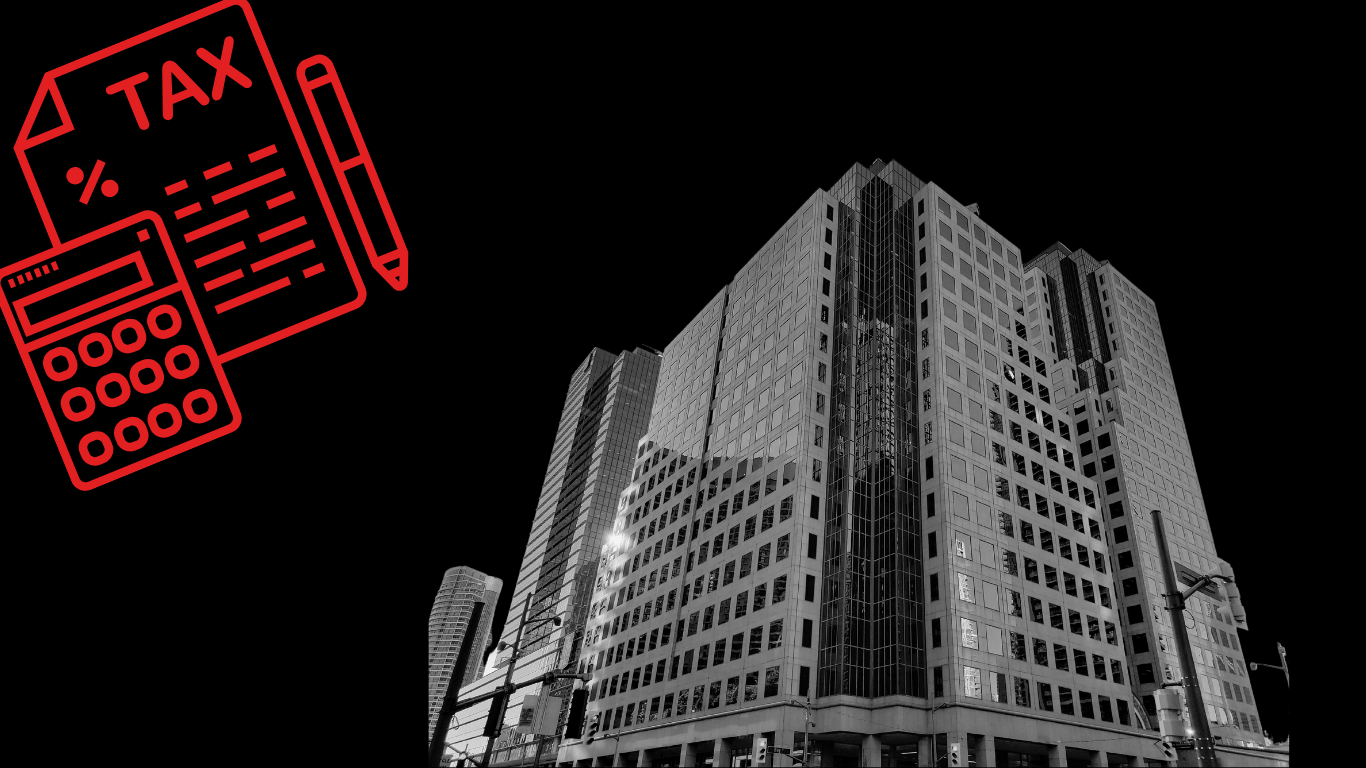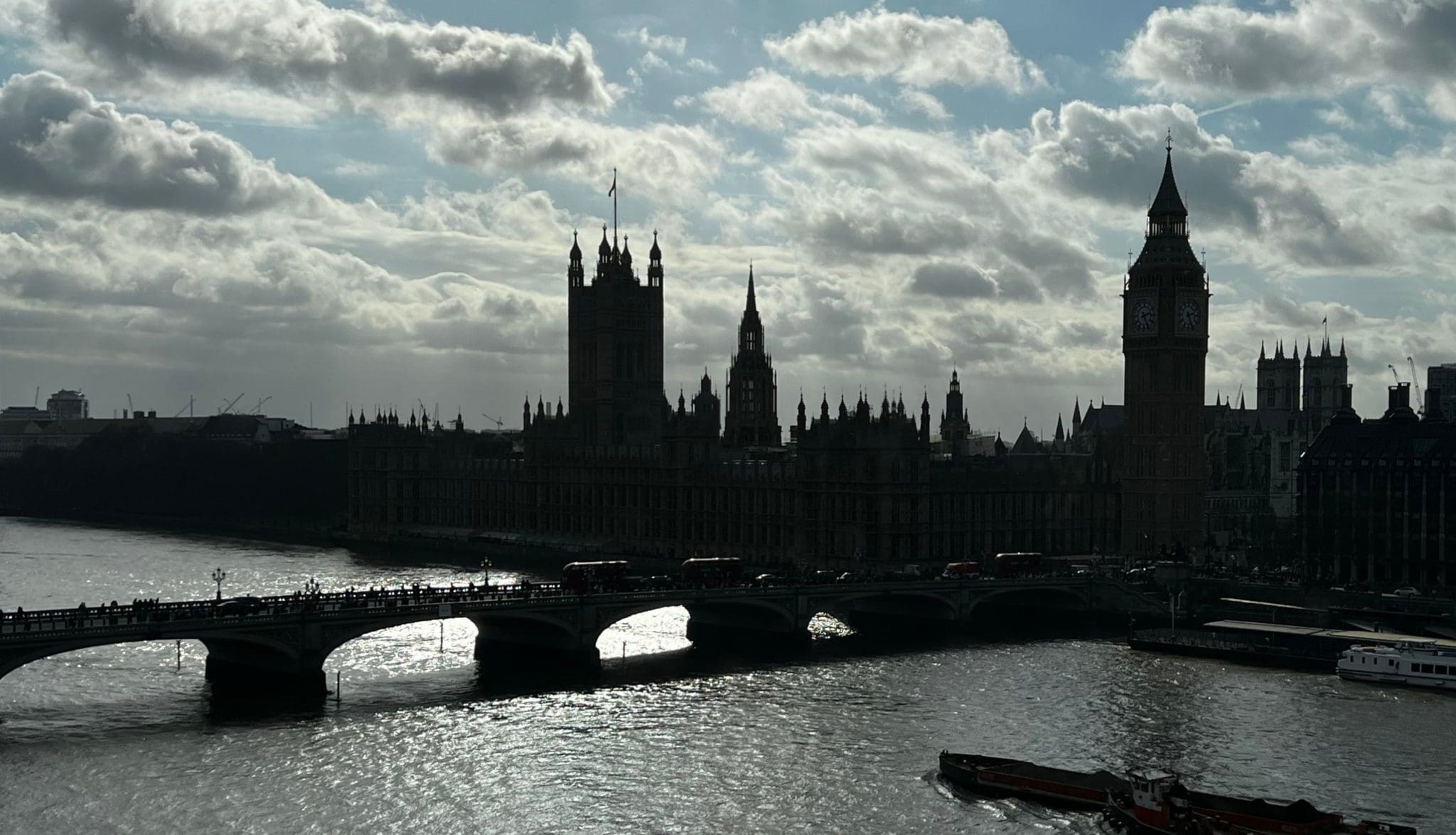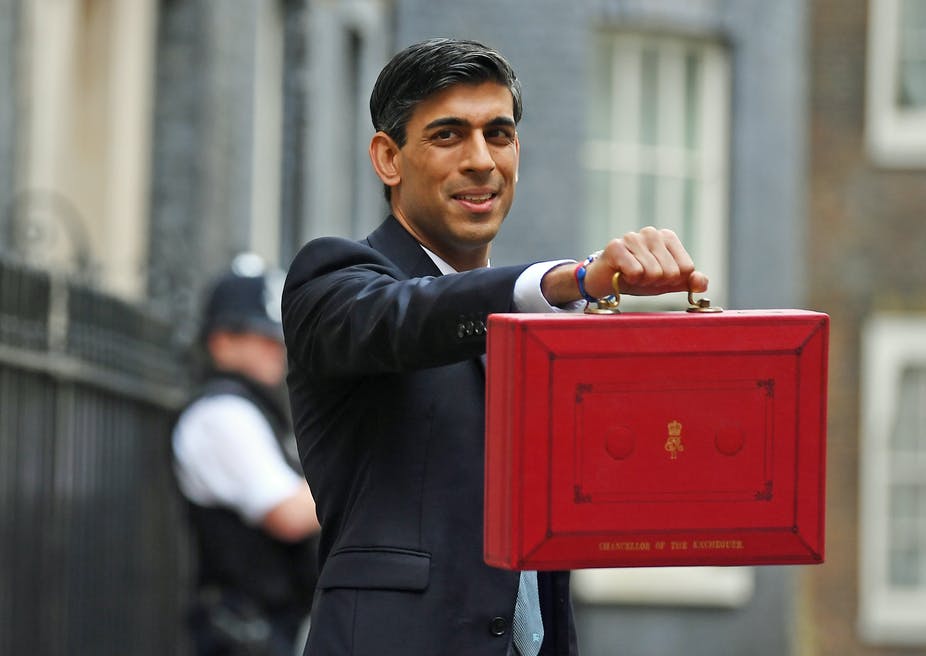The Companies House Act (2006) ensures that it is obligatory for Companies House to send you a minimum of two late payment notices before starting the process of striking your company off. If these are not responded to, a public ‘Strike Off Notice’ is entered into the Gazette – an official public journal of record. Once this has been published, the company will be struck off the register within two months, after which point the company will be classed as dissolved.
If you have received a letter from Companies House but aren’t sure what your next steps are, why not contact our turnaround team and see what options we can put forward to you? We can review the steps you have taken so far and devise a strategic plan that may be able to help you, opposed to insolvency or dissolution. Click the green button for a free consultation with out turnaround team.
At the point of dissolution
The company will cease to exist as a legal entity; therefore, you cannot trade, sell assets, make payments or engage in any other business ventures. Any resources of a dissolved company become ‘Bona Vacantia’ meaning ‘vacant goods’. This is just a technical term for property that is then passed on to the Crown as it no longer has a legal owner. This covers property, assets and any credit left in the company accounts. It’s so important for you to sort any of the company’s assets and ensure that they are transferred out of the company’s ownership if you wish to keep them.
Did you know that once a company has been struck off, the name is immediately available for anyone to use? The registration process is simple and exactly the same as if you were registering a brand-new name that has never been used. If you want to restore the company at a later date, there is a possibility that you may have to come up with a new one.
Can I come back from this?
The short answer is yes. If you are a former shareholder, creditor or member of a company, you are eligible to get assets back from the Crown. The Bona Vacantia (vacant goods) becomes void once it’s within your ownership again. However, there is a chance that they may have disposed of the assets before you are able to do so. If this is the case, you will be reimbursed the sum of what they received from the sale, minus any costs they incurred.
So how do you do it?
You will have to fill out an administrative restoration form (RT01) issued through Companies House. In accordance with Section 1024 of the Companies Act (2006), you will incur a fee of £100 in order to complete this. To be eligible for administrative restoration, the following must apply to you:
- The business was trading or in operation at the time it was struck of from Companies House
- The application must be made within six years of the date it was dissolved (possibly longer in certain cases)
- You were a director and /or shareholder of the company when it was dissolved
What you’ll need:
- The administrative restoration (RT01) form
- Any filing fees or penalty statements
- Any outstanding documents
- And if your company has assets, then a letter from the Bona Vacantia Division
What do I do if I don’t meet these criteria?
You’ve put in your application to be restored, but unfortunately you haven’t been successful due to one reason or another. You’ll be happy to know that all is not lost. There is still room for a comeback. There’s a possibility that the company could be restored by a court order, essentially reinstating it as if it were never dissolved. In England, Wales and Northern Ireland, you are required to present an affidavit or witness statement to the court including details of the company’s creation, evidence of it’s previous trading activity and details of the dissolution with the reasons behind doing so. It can be a lengthy process, but most worth it. In Scotland, this documentation does not have to be presented in an affidavit but can be included in a petition to restore.
Alternatively, you may be able to apply for a discretionary grant. This allows you to access sums of money when it has not been possible to restore a company to the Companies House register. However, there are certain rules. The policy is to only provide grants to alleviate hardships (e.g. pay off debts), if there is compelling public interest in making the grant or if it is found to be unreasonable for the Crown to keep possession of the assets. The Bona Vacantia Division (BVD) will usually only consider applications from:
- Former shareholders, if the company was financially sound at the time of dissolution
- Former liquidators
- Former company voluntary arrangement supervisors (CVA)
One grant will be made in respect of each dissolved company. Each case is decided on the facts that you produce, so providing the highest level of evidence is crucial to your outcome.
Let us help you stay on top of the process. Give us a call on 02085300720 to discuss further, or email enquiries@nordens.co.uk


































































































































































































































































































































































































































































































